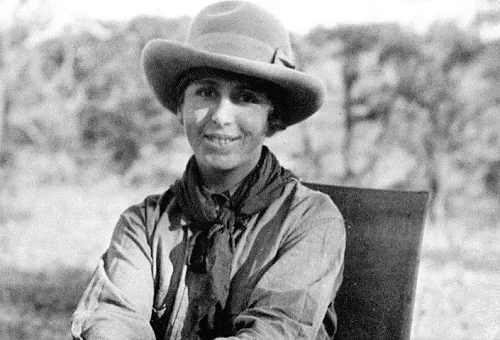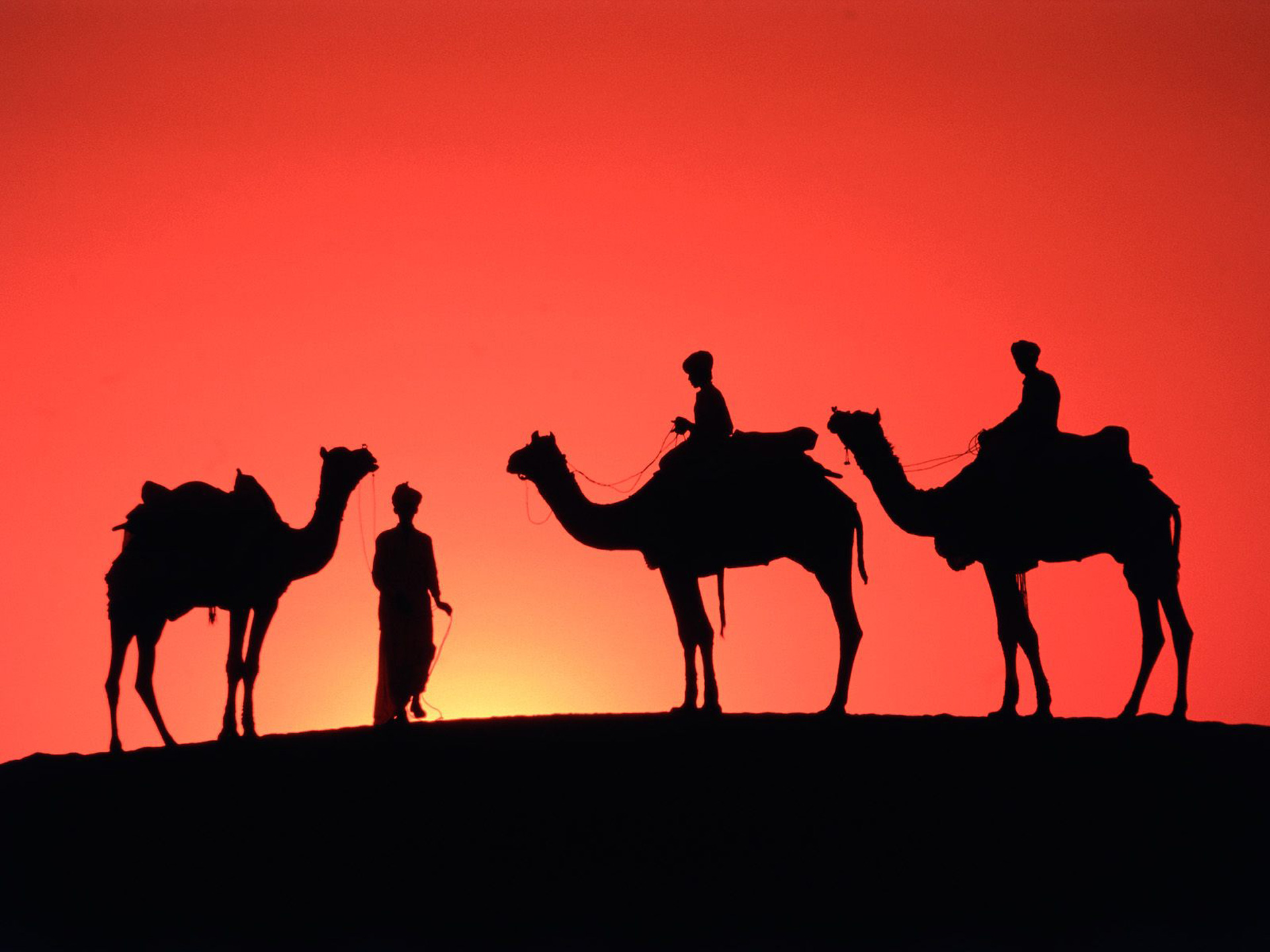Today, I want to share a word on what makes for great leadership. I've discussed this topic before in the book If Aristotle Ran General Motors, but it comes up in a quick distinctive way in a novel of mine that's to be published next fall, The King and Prince. This is to be the fourth book in the series Walid and the Mysteries of Phi, which have recently been seeing publication after the prologue, The Oasis Within.
The students from the palace school in Cairo are on a class trip down the Nile to visit Alexandria. They're about to come into sight of the Mediterranean Sea. Thirteen year old Walid speaks.
“Uncle Ali, I mean, Your Majesty, we were just talking about the fact that the sea we’re about to glimpse and shortly to set sail on for at least a brief time is big and yet, at the same time, relatively small in comparison to other oceans.”
“Yes, you could say that,” the king replied. “But it’s just as true to say that the various named oceans and connected seas are all part of one vast ocean encompassing the globe, and that when you see one of its parts, you’re seeing it—whether your vantage point is at the edge of the Mediterranean, or the Caribbean, or perhaps the Atlantic, Pacific, Indian, or Arctic Oceans, as they’re called. But in reality, there is simply one ocean spread around the world, in addition to many smaller bodies of water that are in most ways bounded by land. And yet, even they are indirectly connected with the larger expanse.”
The students were all impressed with this perspective and listened intently as the king went on to add, “There is an ancient saying from the Tao Te Ching that captures this singularity, and more. The text says that the ocean is the greatest of all bodies of water, because it’s lower than all the rest. They empty themselves into it.”
“That’s pretty interesting,” Mafulla commented.
“Yes. And this is, of course, alludes to the keys for great leadership.”
“What do you mean?” Mafulla asked.
“The best leadership requires a vital combination of nobility, which is a sense of greatness and vision, with humility, a counterbalancing proper sense of self that maintains a deep respect and eager openness to others. These are two qualities that must be cultivated together in all our personalities.” He paused to let this idea register properly, and then went on. “The Taoist wisdom is a wonderful statement about leadership. The ideal leader combines the nobility of the ocean with its humility, or open lowliness. Others are drawn by both these qualities to feed their time and talents and commitments into the projects that the leader with such balance brings to them. The leader’s followers are those who help make the leader great, as he or she in turn guides them to worthy pursuits of excellence and their own forms of greatness.”












































